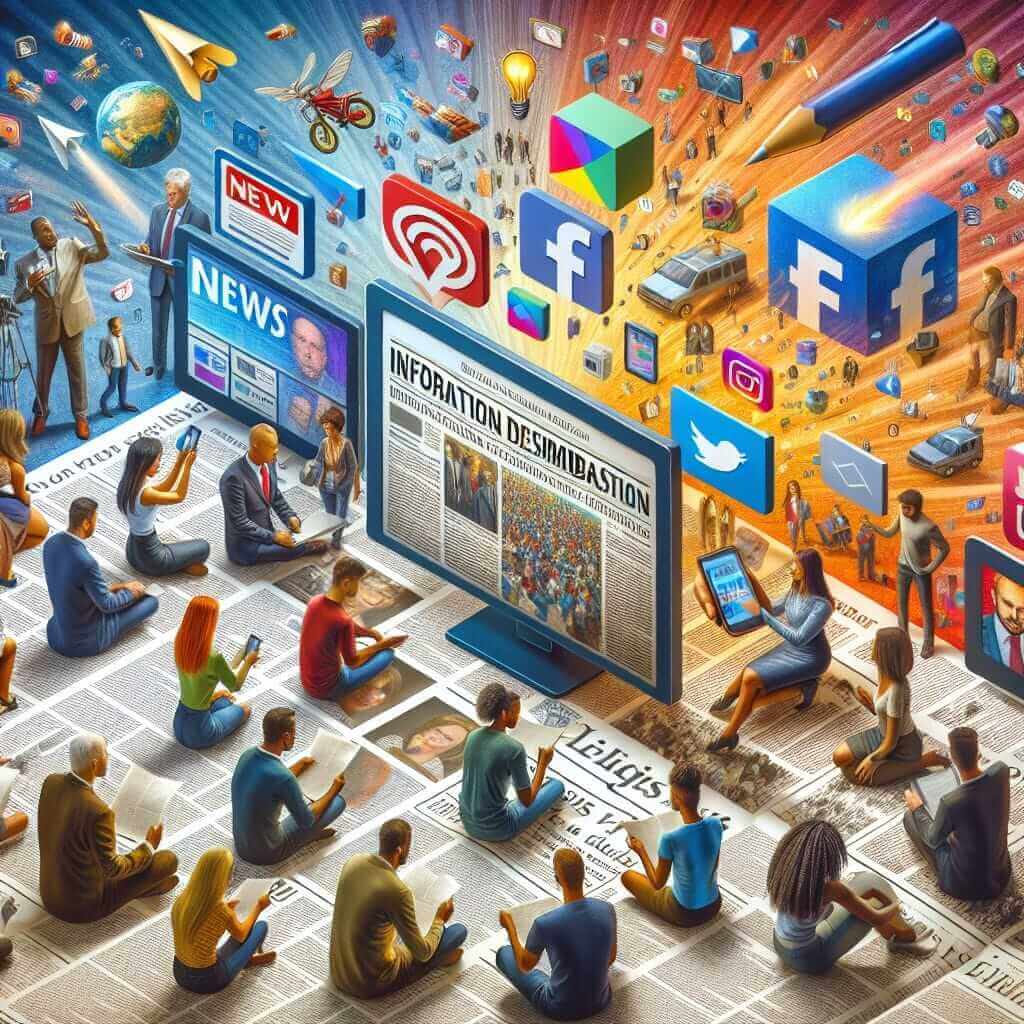The phrase “the role of media representation in shaping norms” is a common theme in IELTS Writing Task 2, especially within the realm of social issues. Understanding how media, in all its forms, influences societal norms and individual perspectives is crucial for success in this section. This article will delve into the nuances of this topic, providing a sample essay question, a band-8 model answer, and key vocabulary to help you excel.
Sample IELTS Essay Question
Many argue that the media plays a significant role in shaping societal norms. To what extent do you agree or disagree with this statement? Provide reasons for your answer and include any relevant examples from your own knowledge or experience.
Essay Analysis
This question requires you to present a balanced argument regarding the influence of media on societal norms. You should clearly state your position (agree, disagree, or partially agree) and then support your stance with logical reasoning and relevant examples.
Model Essay
It is undeniable that the media wields immense power in shaping societal norms. From the glossy pages of magazines to the 24/7 news cycle on our smartphones, we are constantly bombarded with images and narratives that influence our perceptions of the world. While some may argue that individuals possess independent thought, I firmly believe that the media plays a significant role in shaping our understanding of acceptable behavior, values, and beliefs.
Firstly, the media often presents us with a selective and often idealized version of reality. Fashion magazines, for example, showcase impossibly thin and beautiful models, perpetuating unrealistic beauty standards and leading to body image issues among both men and women. Similarly, films and television shows often rely on stereotypes, portraying certain demographics in a negative or limiting light. This constant exposure to biased representations can lead to unconscious bias and prejudice in real life.
Furthermore, the media possesses the ability to influence public opinion and drive social change. The #MeToo movement, for instance, gained significant momentum thanks to widespread media coverage, sparking conversations about sexual harassment and assault that were previously taboo. This exemplifies the media’s power to challenge existing norms and advocate for social justice.
However, it is crucial to acknowledge that the media landscape is not monolithic. The rise of social media has empowered individuals to create and share content, providing alternative perspectives and challenging dominant narratives. Additionally, many media outlets strive for ethical journalism, aiming to present balanced and accurate information.
In conclusion, while individual critical thinking and diverse media consumption are essential, it is difficult to overstate the significant role the media plays in shaping societal norms. By recognizing its influence, we can become more discerning consumers of information and work towards a media landscape that promotes inclusivity, accuracy, and responsible representation.
[Word count: 319 words]

Writing Tips
- Clear Argument: State your position clearly in the introduction and maintain a consistent stance throughout your essay.
- Real-World Examples: Use relevant and specific examples from your knowledge or experience to illustrate your points.
- Balanced View: Acknowledge both the positive and negative influences of media on society.
- Vocabulary: Employ a range of vocabulary related to media, influence, and societal norms.
- Structure: Follow a logical structure (introduction, body paragraphs, conclusion) with clear topic sentences and transitions.
Key Vocabulary
- Societal Norms: Unwritten rules and expectations that guide behavior within a society.
- Media Representation: How different groups, ideas, and events are portrayed in the media.
- Perpetuate: To cause something to continue for a long time.
- Stereotype: A generalized belief about a particular group of people.
- Unconscious Bias: Implicit prejudices that affect our thoughts and behavior without our conscious awareness.
- Dominant Narrative: The prevailing story or perspective presented by those in power.
Conclusion
Mastering the art of writing about the role of media representation in shaping norms is essential for achieving a high band score on the IELTS Writing Task 2. By understanding the nuances of the topic, crafting a well-structured essay, and utilizing relevant vocabulary, you can confidently tackle this common IELTS theme. Remember to practice regularly and seek feedback from experienced IELTS instructors to refine your skills.
For further practice, consider these related essay topics:
- The impact of social media on body image, particularly among young people.
- The role of the media in promoting cultural understanding or fostering prejudice.
- The responsibility of media outlets in presenting unbiased and accurate information.